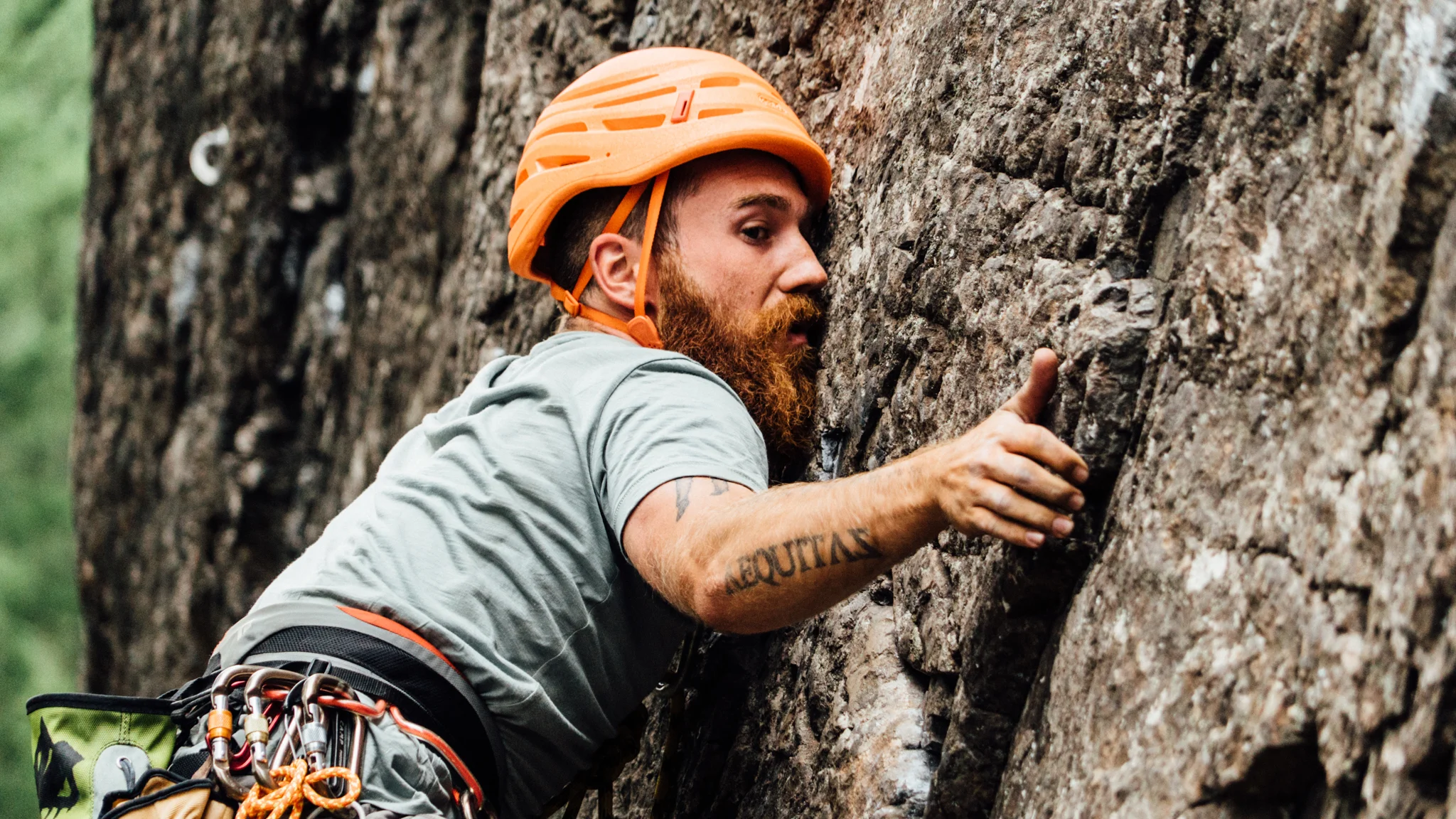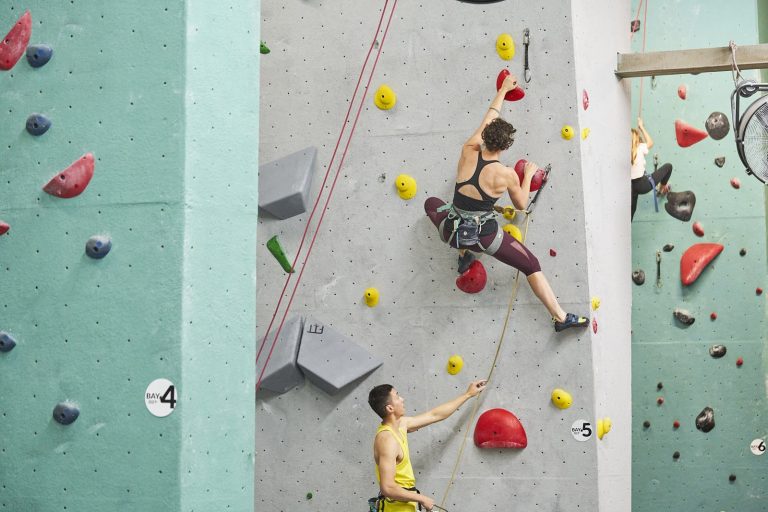The Role of Sport Climbing in Physical and Mental Recovery
Sport climbing is more than just a sport; it’s a powerful tool for physical and mental recovery. As the popularity of climbing continues to rise, its benefits for rehabilitation and mental health are becoming increasingly recognized. Whether you’re recovering from an injury, looking to improve your mental health, or seeking a holistic approach to well-being, sport climbing offers a unique and effective solution.
Physical Recovery Through Climbing
Climbing demands a high level of physical exertion and engages multiple muscle groups, making it an excellent activity for physical rehabilitation. Here’s how it aids in recovery:
1. Rebuilds Strength and Endurance
Climbing requires the use of your entire body, helping to rebuild strength in muscles that may have weakened due to injury or inactivity. The combination of pulling, pushing, and holding positions against gravity enhances muscle endurance and overall strength.
2. Improves Range of Motion and Flexibility
Reaching for holds and maneuvering through climbing routes necessitates a wide range of motion. This constant stretching and movement improve flexibility and joint mobility, which are crucial for recovering from injuries and preventing future ones.
3. Enhances Balance and Coordination
Navigating the climbing wall challenges your balance and coordination. These skills are essential for physical recovery, particularly for those who have suffered from injuries affecting their gait or stability. Climbing helps retrain the body to maintain balance and improve coordination.
4. Accelerates Rehabilitation
Sport climbing can be integrated into rehabilitation programs for various conditions. Its low-impact nature, combined with the ability to adjust difficulty levels, makes it suitable for individuals at different stages of recovery. Physical therapists often use climbing to help patients regain function and strength in a controlled and enjoyable environment.
Mental Recovery Through Climbing
The mental health benefits of climbing are just as significant as the physical ones. The sport provides a holistic approach to mental recovery, offering therapeutic benefits that can aid in managing stress, anxiety, and depression.
1. Reduces Stress and Anxiety
Climbing demands focus and concentration, which can help divert attention away from stress and anxiety. The physical activity involved in climbing also releases endorphins, the body’s natural stress relievers, leading to a calmer and more relaxed state of mind.
2. Boosts Mood and Confidence
Achieving climbing goals, whether it’s reaching the top of a wall or mastering a difficult route, can significantly boost self-esteem and confidence. The sense of accomplishment and progress is empowering and contributes to an improved overall mood.
3. Enhances Cognitive Function
Climbing is a mental workout as much as a physical one. It requires problem-solving, planning, and quick decision-making. This cognitive engagement helps sharpen the mind, improve focus, and enhance memory, all of which are beneficial for mental health.
4. Fosters Social Connections
Climbing gyms and outdoor climbing spots provide opportunities for social interaction and community building. Engaging with others who share the same interests can reduce feelings of isolation and promote a sense of belonging, which is vital for mental well-being.
Getting Started with Climbing for Recovery
For those looking to use climbing as a tool for physical and mental recovery, here are some steps to get started:
- Consult with Professionals: Before starting, consult with healthcare providers or physical therapists to ensure climbing is appropriate for your condition.
- Choose the Right Facility: Select a climbing gym that offers beginner-friendly routes and has experience in adaptive climbing.
- Work with a Trainer: Consider working with a climbing coach or therapist who can tailor a program to your specific recovery needs.
- Start Slowly: Gradually increase the intensity and complexity of your climbs to avoid overexertion and injury.
- Listen to Your Body: Pay attention to your body’s signals and rest when needed to ensure a safe and effective recovery process.
Conclusion
Sport climbing is a versatile and effective method for both physical and mental recovery. Its ability to build strength, improve flexibility, enhance coordination, and provide mental stimulation makes it an ideal activity for holistic rehabilitation. Whether you’re recovering from an injury or seeking to improve your mental health, climbing offers a path to recovery that is both challenging and rewarding.



